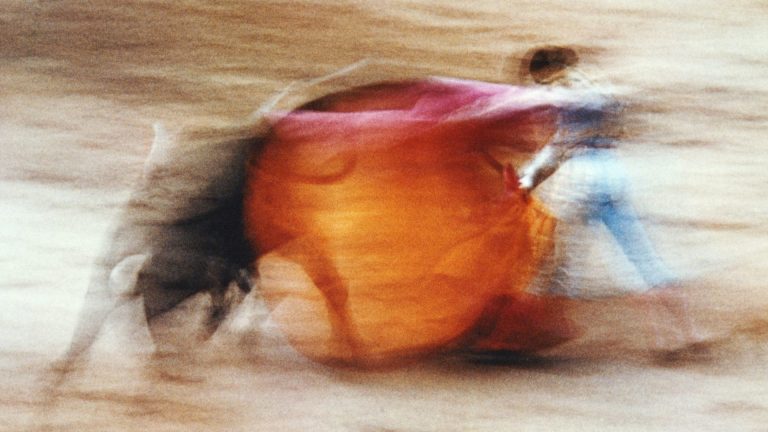Last week an American trophy hunter in South Africa, Asher Watkins, was killed by a buffalo he was tracking. Social media went wild with celebratory tweets and mentions of “karma” and “poetic justice”. Cartoons of buffalos with the hunter’s head mounted on a plaque quickly appeared.
He’d got his comeuppance, people said. The verdict was “Good! Serves him right!”
In what was described without irony as an “unprovoked attack”, Watkins had been gored to death by the Cape buffalo, which charged him at 35 miles an hour. The hero of the moment has since been hunted down and killed.
It’s difficult not to side with the buffalo. But we should not forget that, whatever you think of his hobby, Asher Watkins had family and friends who are devastated by his sudden death, and his daughter, Savannah, is now fatherless.
Trophy hunting, on the face of it, looks like bullfighting: a way of treating animals that shows little concern for their capacity to suffer, one that turns their death into a performance. The odds are so heavily against the animals in these staged events that when one injures or kills its assailant, it is international news.
If you think trophy hunting seems humane, with hunters killing their prey instantly with powerful weapons, bear in mind that many deliberately hold off using more than one shot to finish off a wounded animal so that it bleeds to death slowly: that way there is no messy bullet damage that would spoil that all-important trophy photo.
Yet, dig a little deeper, and the situation is more complicated. Watkins supported wildlife conservation and believed trophy hunting had a part to play in that. He’s not alone in this. That’s tantamount to saying there’s an ethical argument for permitting rich hunters to target animals for sport under controlled conditions, and even to license them to pose with stupid grins next to the corpses of their victims.
Here’s how it’s supposed to work. In some cases, populations of wild animals need to be culled for the good of the herd. Why not set things up so rich people who enjoy killing animals pay large amounts of money into conservation funds, licensing them to indulge in killing sprees in return?
Individual animals will die, but the herd benefits from better habitat funding. Isn’t that a win-win situation? Even when culling is unnecessary, letting the hunters take out a few animals could still result in a better future for the group than any other alternative.
Suggested Reading

The slow death of bullfighting
Critics point out that trophy hunters have a penchant for taking out the biggest, the strongest, the fittest individuals – in other words the ones with the best genes, those most likely to ensure the best future for the herd if left alive to breed. Over time, trophy hunting seriously weakens the gene pool.
That isn’t my objection to trophy hunting, though. Immanuel Kant famously believed that what was wrong with cruelty towards animals wasn’t that it harmed the animals, but that it harmed the harmers: people who treat animals badly are more likely to treat humans badly, too. Since Kant’s time there has been plenty of forensic evidence to support this.
Sadistic murderers often graduate from torturing animals to torturing humans. A Kantian view of the recent horrific discovery that there are thousands of people paying to see cats tortured online would be that cat torture is immoral because it’s one step away from human torture, not because of the cats’ pain. A modified version of this argument could be used even against humane trophy hunting.
What’s wrong with it isn’t what it does to the animals (who hardly know what’s happening to them in the best case), but what it does to the proud idiots posing with their victims. To those of us who strongly oppose trophy hunting, arguments about increased income for conservation are mostly beside the point.
Encouraging people who take such pleasure in ending the lives of wild creatures risks normalising a barbaric attitude to sentient beings, one that could have damaging societal consequences. It’s the visible pleasure they take in killing things and in sharing the evidence with people they imagine will admire them for it that makes this phenomenon truly disturbing.
If trophy hunting causes the target animals significant pain, that, pace Kant, is of course a very strong argument against it.
But it is the attitude to animals revealed in the moronic smiles of triumphant hunters next to bloody carcasses that makes this practice particularly vile.




